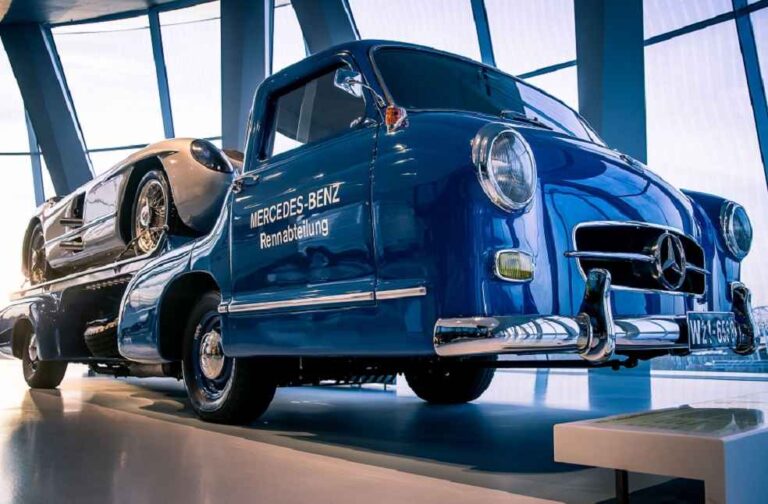A recent S&P Global report has raised concerns over President-elect Donald Trump’s proposed tariffs on imports from China, Canada, and Mexico, warning of significant profit losses for the global auto industry. The report highlights the potential financial strain on automakers if the tariffs, set to take effect on Trump’s first day in office, are implemented as planned.
The proposed tariffs include a 25% levy on imports from Canada and Mexico and a 10% tariff on goods from China. According to S&P, premium automakers such as Volvo and Jaguar Land Rover are likely to face the greatest challenges, with the tariffs exacerbating existing difficulties in the industry as it approaches 2025.

Major automakers that rely heavily on imported parts, including Stellantis and General Motors, could see over 20% of their earnings before interest, taxes, depreciation, and amortization (EBITDA) put at risk. Volkswagen and Toyota may face risks of 10-20% of their earnings, while companies with a stronger U.S. production base, such as BMW, Ford, Mercedes-Benz, and Hyundai, are expected to see less than 10% of their earnings at risk.
Mexico’s President Claudia Sheinbaum Pardo has expressed opposition to the tariff plan, warning of potential retaliatory tariffs if negotiations with Trump fail. Such measures could further escalate tensions and compound financial challenges for automakers operating in the North American market.

S&P’s analysis underscores the heightened vulnerabilities of the global auto industry amid protectionist trade policies. With major companies already navigating supply chain pressures and evolving market demands, the proposed tariffs could intensify financial headwinds, potentially reshaping strategies and operations in the years ahead.
GENERAL | Vietnam Auto Industry Thrives with EV Exports and Local Production





